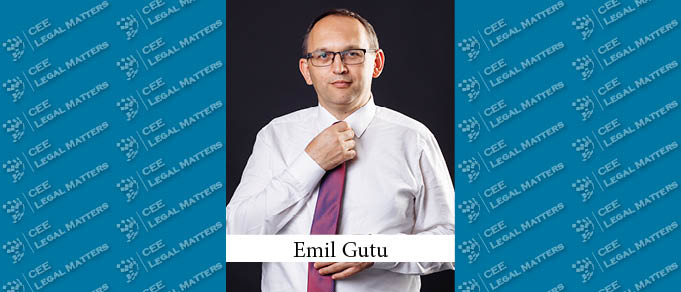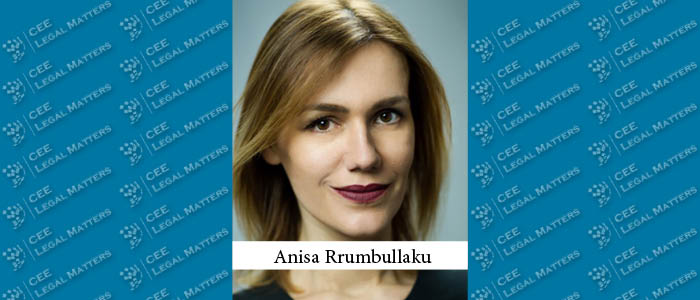The French antitrust authority – Autorite de la Concurrence (Autorite) – has recently finalized a significant investigation against Electricite de France (EDF) and reached a notable decision that is expected to shape business models in electricity markets. Examining the case, here are its potential impacts and replicability on the Turkish electricity market.
Moldova: Will Higher Competition Fines Improve Competition?
By the middle of 2023, Moldova will likely have a modified Competition Law. The existing Competition Law dates back to 2012, and its material and procedural norms are almost intact in their original form. Since then, however, the Moldovan economy and society underwent profound changes.
Serbia: Is Serbia Keeping Up with Developments in the Digital Markets Sectors from an Antitrust Perspective?
The expansion of digital markets is undeniable, and the need for special regulations in these areas is clearly proved by the EU in rendering the Digital Services Act and Digital Markets Act. The mentioned regulations build on the EU Electronic Commerce Directive to address new challenges online.
Slovenia: New Rules for FDI Screening and New Competition Protection Act
To introduce a permanent foreign direct investment (FDI) screening mechanism, an amendment to the Investment Promotion Act (Amendment) is expected by the end of June 2023, and the new Prevention of Restriction of Competition Act now foresees a simplified merger review.
North Macedonia: Antitrust Concerns in North Macedonia (and Beyond) Linked to Generative AI
In the era of digital technology, it is natural to contemplate the potential effects of the digital revolution on various aspects of life. Generative AI, although still in its development stage, is already causing the anticipated revolution in the markets. Generative AI is beginning to revolutionize the delivery of services and products and has already made significant strides in transforming how markets operate. It is not yet clear whether generative AI will cause competition law issues; however, based on experience with digital revolutions, it is worth noting that a few scenarios are possible that will disrupt the current competition law framework everywhere, including in North Macedonia.
Czech Republic: Vertical Agreements in Light of the Amendment to the Czech Competition Act
A long-awaited amendment to the Czech Competition Act (Act) is now on the horizon as it was approved by the Chambers of Deputies and is ready for sign-off by the Senate and the president. Covering primarily the implementation of the ECN+ Directive, it also incorporates changes to the Act. At the same time, the Czech Competition Authority (CCA) has been updating its policies on compliance programs and vertical leniency. From this perspective, how the CCA treats vertical (distribution) agreements will probably change considerably.
Hungary: An Example of a Pitfall for International Transactions Coming Out of Hungary
Merger control clearance is a key issue in planning and implementing larger M&A deals due to the standstill obligation established by Council Regulation (EC) No 139/2004 (EUMR) and most national competition laws within the EU. If the EUMR is applicable to a transaction, a one-stop-shop system is granted where the Commission has exclusive jurisdiction for merger clearance and the merger clearance regimes of Member States are disregarded.
































